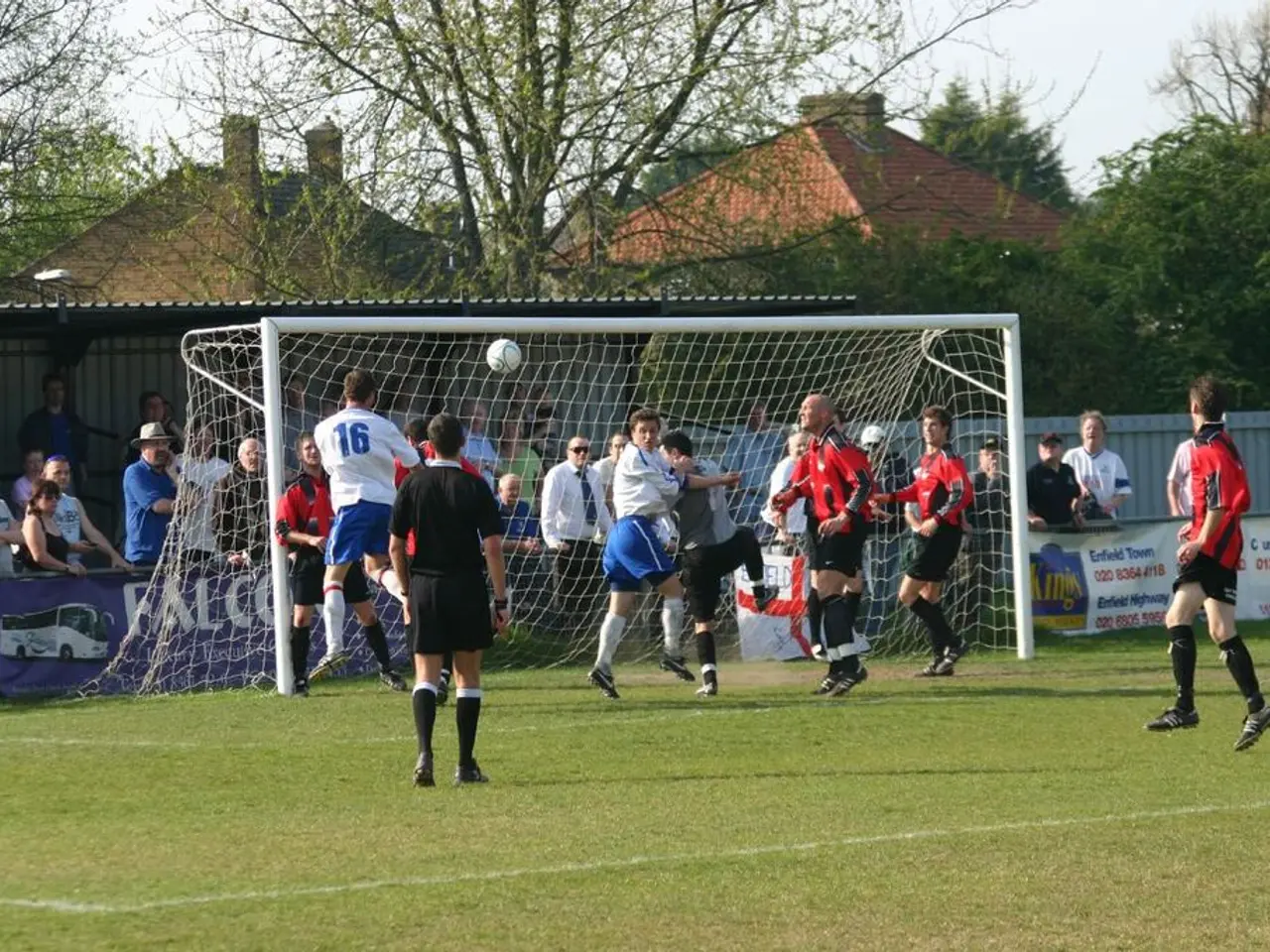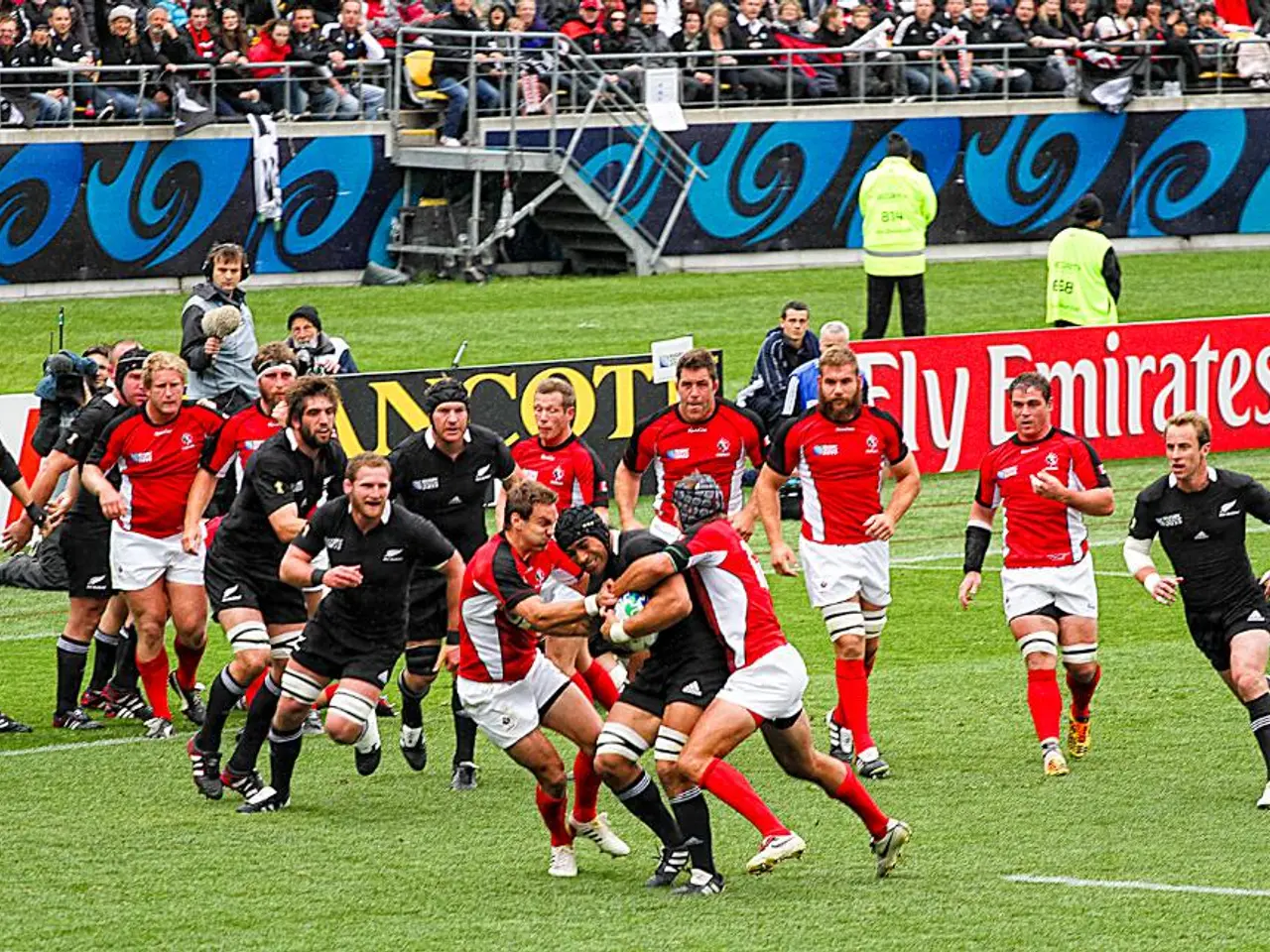Colorado records negative sports betting revenues in June
In a surprising turn of events, Colorado's sports betting market reported a negative adjusted revenue total for the second consecutive month in June 2022. This trend is primarily attributed to unusually low hold percentages, especially during heavy betting months, according to the Colorado Department of Revenue.
Record-Breaking Baseball Handle, Lowest Parlay Revenue in a Year
Despite the challenges, Colorado cleared $1 billion in handle for the third consecutive quarter, with the total also 47.4% higher than the second three months of 2021. This growth was particularly evident in baseball bets, as operators claimed a record-breaking $106.5 million handle, marking the first time this figure has surpassed the nine-figure mark in state history. However, the win rate in June was the second lowest in state history, at 2.2%, resulting in the lowest parlay revenue since July 2021.
Gross Revenue and Handle Dip in June
Operators totaled nearly $6.8 million in gross revenue from more than $313.2 million handle in June 2022. This represents a 13.1% dip in handle compared to May, and a 75% plummet in gross revenue. The betting public came out slightly more than $2 million ahead on their wagers on the Avalanche during the Stanley Cup playoffs, but this was not enough to offset the overall loss.
Table Tennis and Pro Basketball Handle and Revenue
The overall table tennis handle is less than $1.3 million shy of $200 million. Colorado bettors wagered approximately $29.5 million on the Avalanche during their Stanley Cup playoff run in June 2022. The betting public came out $788,001 ahead on close to $44.1 million in pro basketball wagers.
Factors Affecting Colorado's Sports Betting Market
The low hold percentages, seasonality and sports market impact, market competition, and operator changes are key factors contributing to this trend. March 2025, for instance, had a hold of only 5.9%, significantly below the average of 8.7% seen in other months of 2025, leading to lower revenue despite steady or high handle amounts. The conclusion of major sports seasons such as the NBA and March Madness leads to dips in betting handle and revenue during spring and summer months. The launch of new operators, such as Hard Rock Bet in May 2025, introduces competition and can shift market dynamics, impacting overall revenue distribution and hold percentages in the short term.
In summary, Colorado’s negative adjusted revenue months are linked to lower sportsbook hold percentages during certain months with volatile betting patterns, combined with seasonal sports cycles and evolving market conditions affecting operator revenue shares.
[1] Colorado Department of Revenue. (2022). Sports Betting Report for June 2022. Retrieved from https://www.colorado.gov/pacific/enr/sports-betting-reports
[2] Colorado Department of Revenue. (2022). Sports Betting Report for March 2025. Retrieved from https://www.colorado.gov/pacific/enr/sports-betting-reports
[3] Colorado Department of Revenue. (2022). Sports Betting Report for May 2025. Retrieved from https://www.colorado.gov/pacific/enr/sports-betting-reports
[4] Colorado Department of Revenue. (2022). Sports Betting Report for April 2022. Retrieved from https://www.colorado.gov/pacific/enr/sports-betting-reports
- The low parlay revenue in June 2022, despite a record-breaking baseball handle, is a clear indication of the impact of unusually low hold percentages on sports betting revenues in Colorado.
- Despite the overall loss in June 2022, sports-betting operators in Colorado still reported a significant increase in handle during the period, with baseball bets accounting for a substantial portion of this growth.
- The introduction of new operators, such as Hard Rock Bet, in Colorado's sports-betting market in May 2025, coupled with the conclusion of major sports seasons, contribute to the evolving market conditions that affect operator revenue shares and hold percentages.







